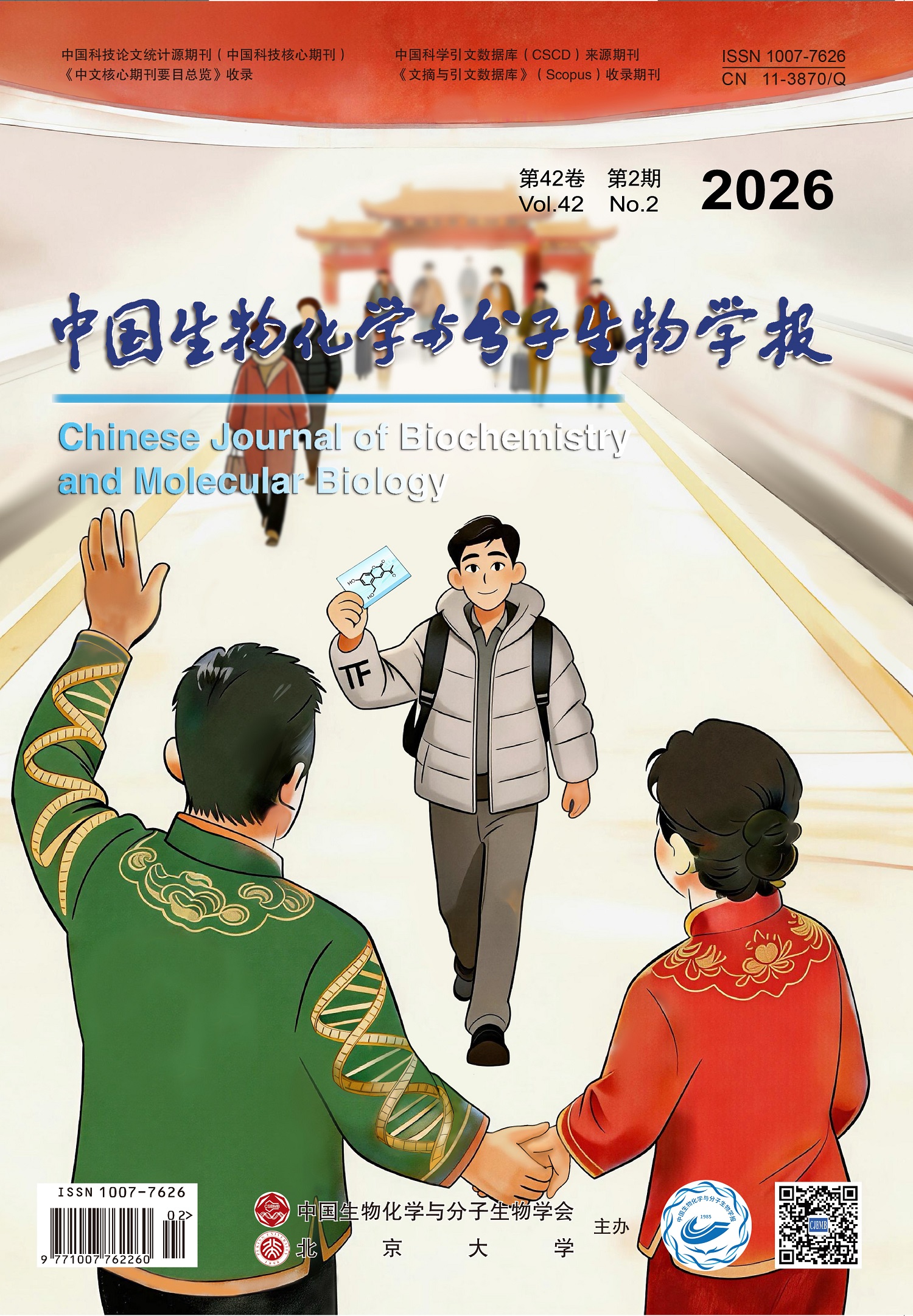ZHANG Zi-Chen, WU Xin, YI Xia
The cyclic GMP-AMP synthase-stimulator of interferon genes (cGAS-STING) signaling pathway, as a crucial component of innate immunity, plays a pivotal role in anti-tumor immunity. cGAS recognizes aberrant endogenous or exogenous DNA and catalyzes the synthesis of the second messenger cGAMP, which activates the STING protein. This triggers the TBK1-IRF3/NF-κB signaling axis to induce the secretion of cytokines such as interferon-I and other cytokines, which activates dendritic cells, enhances natural killer cell function, promotes T cell responses, and strengthens immune surveillance, thereby inhibiting tumor progression. However, tumor cells can perform immune surveillance via multiple mechanisms, including downregulation of cGAS/STING expression, accelerated STING protein degradation, or inhibition of cGAMP synthesis and signal transduction, leading to the formation of an immunosuppressive microenvironment and facilitating tumor immune escape. Current strategies to target cGAS-STING pathway activation primarily involve the development of STING agonists, optimization of delivery systems, and combination therapies with PD-1/PD-L1 inhibitors, radiotherapy, or chemotherapy to synergistically enhance antitumor immune responses. Despite promising prospects, this field still faces challenges such as systemic toxicity of STING agonists, tumor microenvironment heterogeneity, and drug resistance mechanisms. This review summarizes the function and molecular mechanisms of the cGAS-STING pathway, its role in tumor immunity, the development in STING agonists and delivery systems, as well as its potential for combination with immune checkpoint inhibitors, radiotherapy, and chemotherapy. It also discusses the challenges and optimization directions for targeting the cGAS-STING pathway, providing theoretical foundations and insights for developing more effective tumor immunotherapy strategies.
